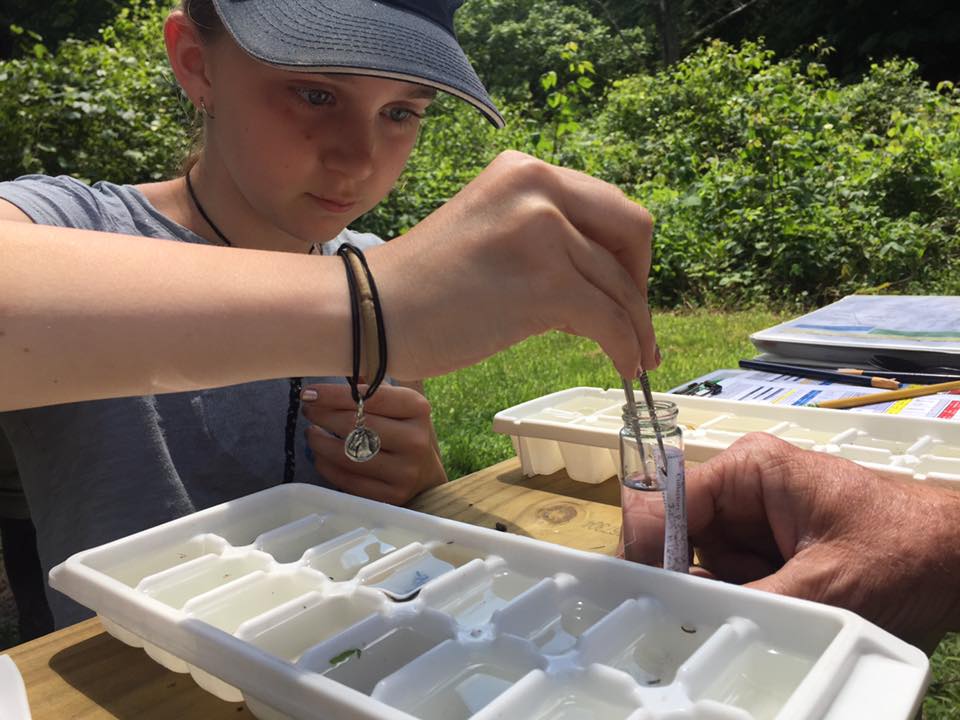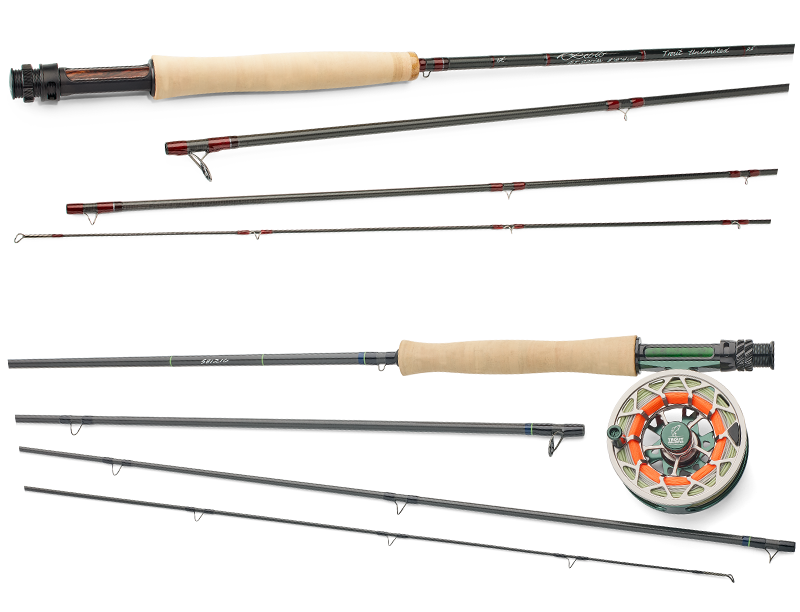
Summer is a great time to get out on the water with your kids, family or friends to enjoy time outdoors, whether fishing, hiking, bird watching or simply enjoying a streamside walk.
This summer, we’re asking all of TU’s supporters to become a Community Scientist and use that time outdoors to help drive our knowledge about water quality, quantity and habitat health in order to identify and prioritize projects.
Along the way, we’ll share talks and conversations with some of TU’s amazing staff scientists, incredible volunteers and inspiring partners so you can learn more about how science drives every decision we make.
Summer of Science Events & Trainings
Tune in for our ever-expanding series of speakers, trainings, events (virtual and in-person) and Community Science Contests you can take part in whether on a road trip across the U.S. or on the small stream right in your own back yard!
- May 24: RIVERS App – Getting Setup & Started (Training Tutorial)
- June 12 @ 9AM Eastern: Assessing the Upper Delaware Watershed with RIVERs (In-Person Event)
- June 23 @ 7PM Eastern: WV Stream Watch – Using Mobile App to Monitor Stream Health and Report Pollution (Online Training)
- June 24 @ 8PM Eastern: Mayfly Sensors – Low Cost, Real Time Monitoring (Recording)
- July 16 @ 4PM Eastern: Sea Lamprey, Sediment Transport & 20 Other Things We Didn’t Know Would Happen When Tearing Out Local Dams (Online Presentation & Discussion)
- July 22 @ 8PM Eastern: Climate Change: Wisdom, Warnings & Ways to Help! (Online Training)
Community Science Resources
- The RIVERS mobile application is a fast, easy and effective way to map disturbances on a stream using your smartphone! This basic information is stored online and can be queried later to prioritize conservation projects.
- Our Stream Temperature Monitoring Handbook can help you start a local monitoring program with the help of your local TU chapter! Trout prefer cold water, often less than 65°F, and stream temperature has a strong influence on their well-being. TU restoration projects often target improving stream temperatures as a way to ensure long-term success.
- TU uses Water Quality Monitoring through our staff and volunteer programs to take the vital signs of streams and rivers across the nation. Our introductory manual on water quality monitoring can help guide these efforts as you start assessing your local streams
Learn more and view other resources on our Community Science section.

